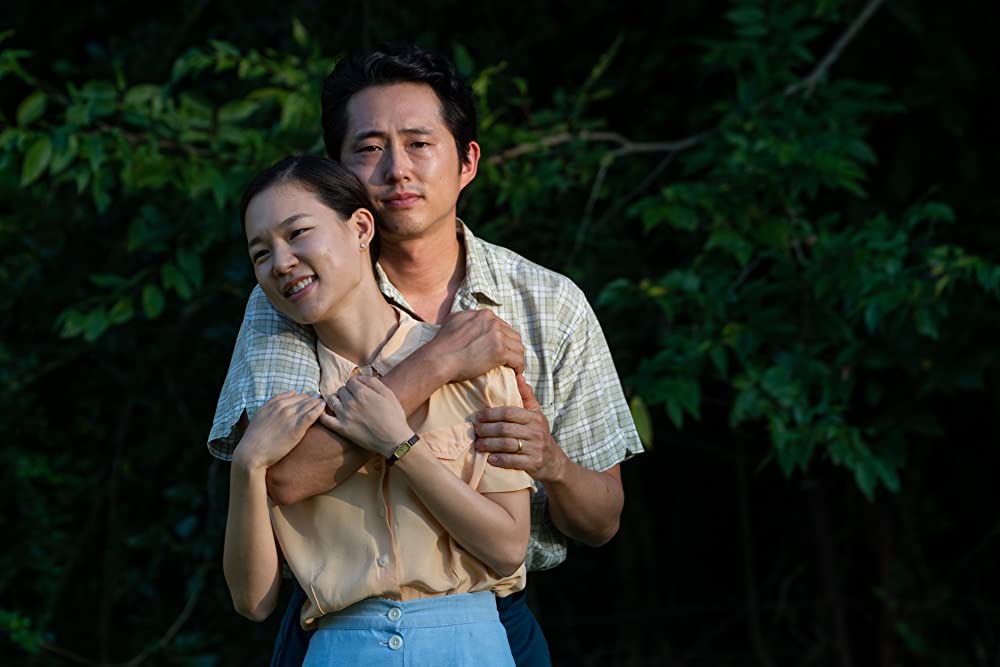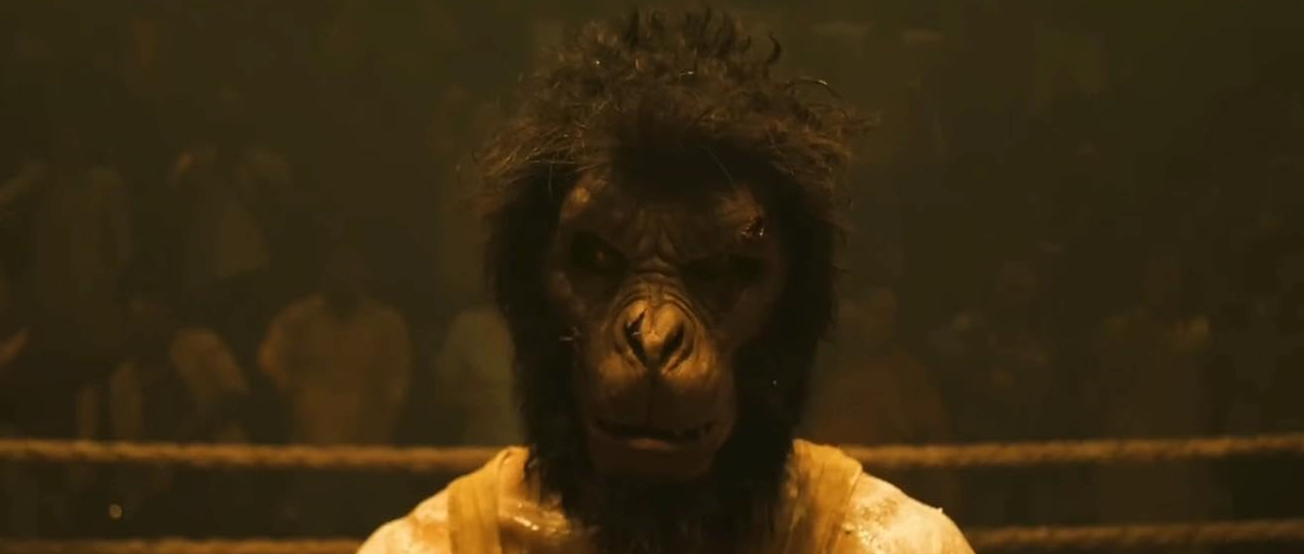By Julius De La Rama, Third Year, Film & Television
In a competitive awards season featuring big names and big budgets, Minari (2020) stands tall as one of the best films this year has to offer. It is a leap into a new world in which the path is marred by one obstacle after another, but there is a core that is resilient enough to weather the worst of storms.
Featuring an ensemble cast that is excellent across the board, the experience of watching Minari is akin to Richard Linklater’s Boyhood (2014) by way of Yasujiro Ozu.

Directed by Lee Isaac Chung, who almost quit filmmaking before making Minari, the film tells a semi-autobiographical tale of his upbringing on a farm in rural Arkansas. From a cinematic standpoint, this story has been told time and time again. Minari confronts the American Dream’s idealism with an abundance of honesty and a genuine understanding of its beauty and failures. There were moments in which the decline of traditional South-East Asian values and the denial of culture were captured so accurately, I thought the film was attacking me directly. That is one of the film’s strongest aspects – it feels quiet in scope, but the film is towering in its subtext. Told with tenderness, simplicity and sensitivity that has the power to conjure tears from the viewer in its smallest moments, Minari is a work of art that cherishes every single moment it has.
A film like this is carried by its performers and Minari certainly has one of the best ensembles of the year. There isn’t one standout to me; everyone in this cast is fantastic and brings some extremely varied perspective on the family’s goals and accomplishments. However, the young Alan Kim’s performance as David is a top contender for one of the best child performances in recent memory, bringing an amalgamation of emotions to the table and never faltering against already esteemed performers such as Will Patton, Youn Yuh-jung, Han Ye-ri, and Steven Yeun.
The film is a perfect alchemy of cast and crew, creating an overall experience that is simultaneously truly affecting and an absolute joy to watch. Featuring gentle, beautiful cinematography from Lachlan Milne (who was also the cinematographer on Hunt for the Wilderpeople (2016), and a musical score from Emile Mosseri that is guaranteed to evoke a range of feelings, there isn’t much to dislike with Minari.

In all honesty, I never thought I would be writing these words, but the films that have represented Asian culture in the past few years (Jon M. Chu’s Crazy Rich Asians (2018), Lulu Wang’s The Farewell (2019), and Raya and the Last Dragon (2021)) have instilled so much hope in me for the future of cinema. Minari is just the icing on the cake. This much-needed representation and valuable storytelling overwhelm me whenever I see it on screen. A change has been coming for a long time, and in the face of anti-Asian rhetoric, it’s a statement that reads: we’re not going anywhere.
To me, Minari is a deeply personal, almost dizzying time capsule; it captures the unwavering perseverance of immigrant workers, the deep familial struggles that come with sacrifice after sacrifice, and in that whirlwind, I see the ever-changing idea of home. In the same breath, it looks forward to a world of opportunity, blossoming friendships, and the notion that when all else fails, the family stays strong. I’m thankful it exists.
Featured: IMDb
Do you think Minari deserves the award for Best Picture?








